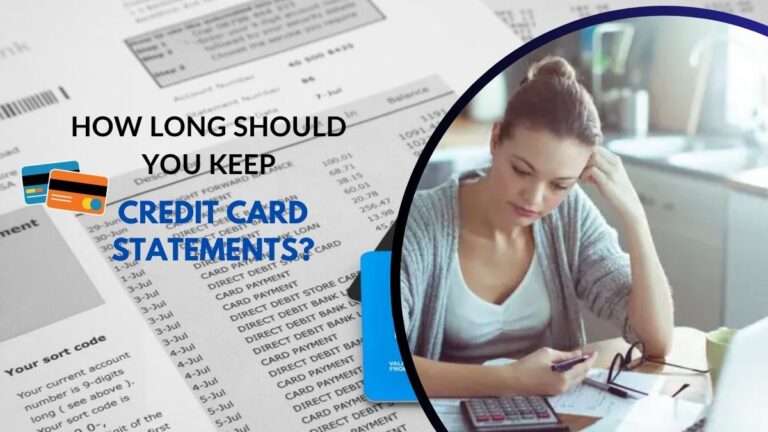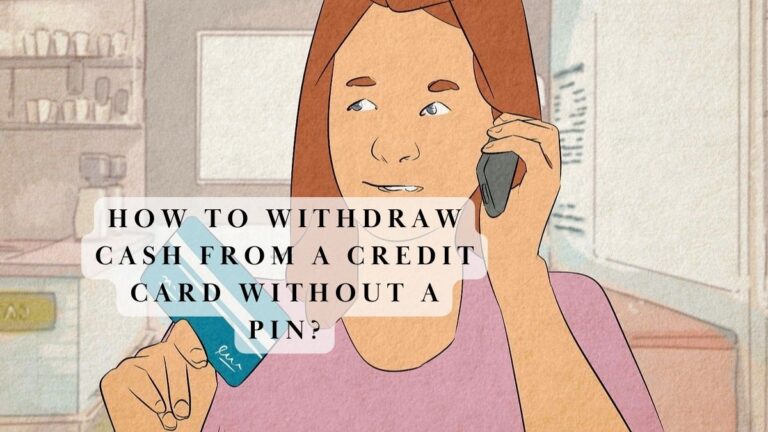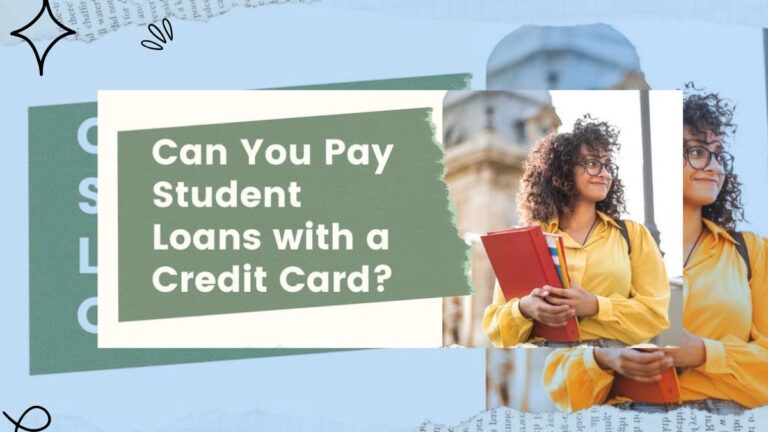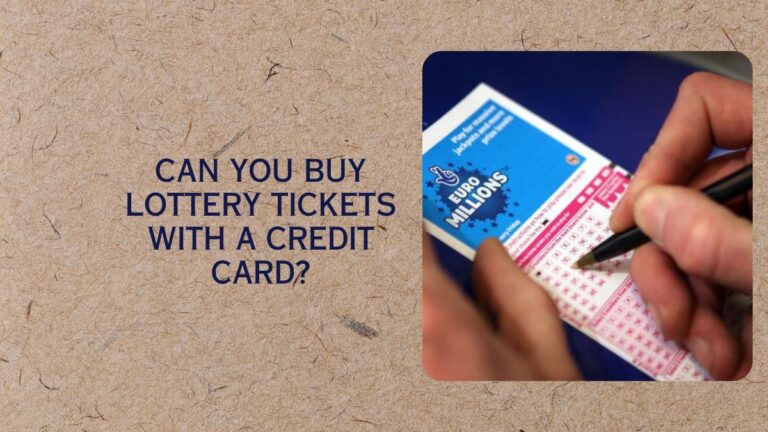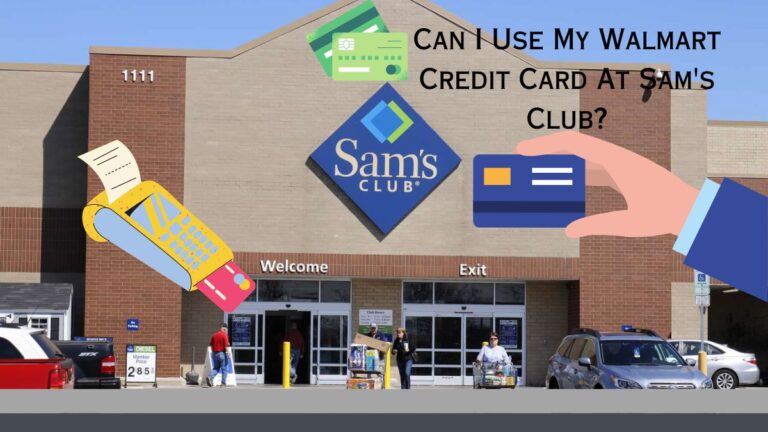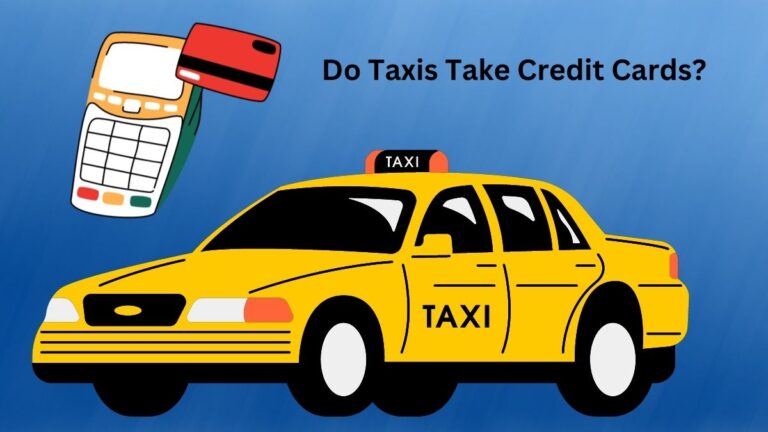How Much Credit Card Debt Is Too Much?
Are you feeling the weight of your credit card debt? Do those monthly statements leave you with a sinking feeling in your stomach? You’re not alone. Credit card debt can quickly spiral out of control, and it’s essential to know when enough is enough. In this blog post, we’ll explore how to tell if you have too much credit card debt and provide actionable steps to get back on track. So grab a cup of coffee, sit back, and let’s dive into the world of finances!
How to tell if you have too much credit card debt?
Have you ever wondered if your credit card debt has crossed the line from manageable to overwhelming? Here are a few signs that might indicate you have too much credit card debt.
- If you find yourself consistently making only minimum payments on your cards and struggling to make ends meet, it’s a red flag. Minimum payments barely scratch the surface of your actual debt and can keep you trapped in a cycle of interest charges.
- Exceeding your credit limits on multiple cards is another sign of having too much debt. This means you’re relying heavily on credit just to cover daily expenses, which can be detrimental in the long run.
- If your credit utilization ratio is high – meaning you’re using a large percentage of your available credit – this indicates an unhealthy reliance on borrowed money. It’s generally recommended to keep this ratio below 30% for optimal financial health.
- Moreover, constantly juggling balances between different cards or resorting to cash advances to pay off other debts suggests that things may be getting out of hand. These practices often lead to higher interest rates and fees, further exacerbating the problem.
- Feeling stressed or anxious about your mounting debts is an emotional indicator that they’ve reached an unmanageable level. If thoughts about bills and repayments consume your mind more than they should, it’s time to take action before things worsen.
- Remember, these signs serve as warning signals rather than definitive answers. Everyone’s financial situation is unique! However, recognizing these indicators can help steer you toward finding solutions for tackling excessive credit card debt head-on.
Ways to Get Out of Credit Card Debt
- Create a Budget: Start by analyzing your income and expenses to determine how much you can allocate towards paying off your credit card debt each month. A budget will help you stay on track and prioritize debt repayment.
- Cut Expenses: Look for areas where you can reduce spending, such as dining out less frequently or canceling unnecessary subscriptions. Redirect the money saved towards paying down your credit card balance.
- Increase Income: Consider taking on a side hustle or freelancing gig to supplement your regular income. The extra cash can be used to accelerate the repayment process.
- Prioritize High-Interest Debts: If you have multiple credit cards with varying interest rates, focus on paying off the ones with the highest interest first while making minimum payments on others.
- Consolidate Debt: Explore options like transferring high-interest balances onto a single low-interest rate credit card or consolidating all debts into one loan with lower interest rates and manageable monthly payments.
- Seek Professional Help: If managing your debt becomes overwhelming, consult a reputable credit counseling agency or financial advisor who can provide tailored advice and assistance in negotiating with creditors.
Remember, getting out of credit card debt requires discipline and persistence. With determination and proper planning, it is possible to regain control of your finances and achieve long-term financial freedom!
The consequences of not paying off credit card debt?
- The consequences of not paying off credit card debt can be detrimental to your financial health. Ignoring or neglecting your credit card debt can result in a downward spiral of increasing interest rates, late payment fees, and collection efforts by creditors.
- One consequence is the impact on your credit score. Failing to make timely payments or defaulting on your credit card debt can significantly lower your credit score. This can make it difficult for you to secure future loans, mortgages, or even rent an apartment.
- Another consequence is the never-ending cycle of debt. With high-interest rates and minimum monthly payments that often only cover the interest charges, it becomes challenging to pay down the principal amount. As a result, you may find yourself trapped in a perpetual state of indebtedness.
- Furthermore, unpaid debts may lead to legal actions against you. Creditors have the right to sue you for non-payment and obtain a judgment against you. This could potentially lead to wage garnishment or asset seizure as they attempt to recover their money.
- The stress caused by mounting debt can take a toll on your mental well-being and relationships with loved ones. Constantly worrying about debts and financial obligations can lead to anxiety, depression, and strained relationships.
- Failing to pay off credit card debt has severe consequences that go beyond just financial implications. It is crucial to address this issue promptly by seeking assistance from professionals or implementing strategies like budgeting and cutting expenses.
Conclusion:
Having credit card debt is not inherently bad, but it’s important to understand when you have too much. Excessive credit card debt can lead to financial stress, limited opportunities, and a lower quality of life. To determine if you have too much credit card debt, consider factors such as your income-to-debt ratio, the percentage of your available credit that is utilized, and whether you are struggling to make minimum payments.
If you find yourself in a situation where your credit card debt has become unmanageable, there are steps you can take to regain control of your finances. Start by creating a budget and cutting unnecessary expenses.
Consider consolidating your debts or negotiating with creditors for more favorable terms. Explore alternative payment options such as balance transfers or personal loans with lower interest rates.
Remember that ignoring your credit card debt will only worsen the situation. The consequences of not paying off credit card debt include accumulating high-interest charges, damaging your credit score, and potentially facing legal action from creditors.

